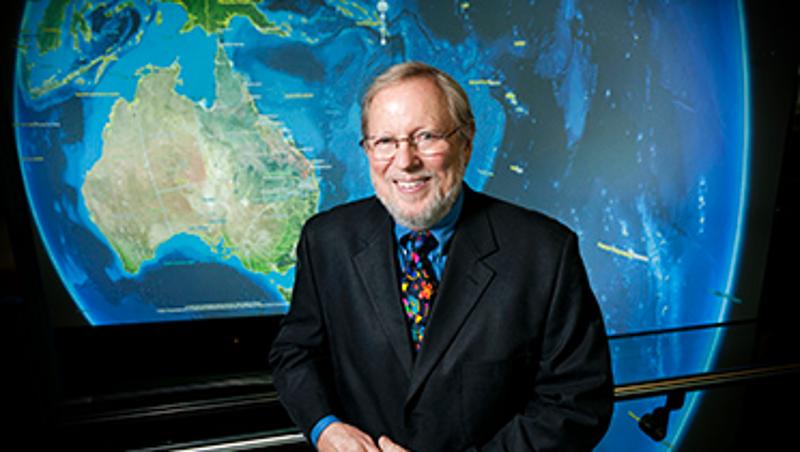
Brisbane is one step closer to becoming the capital of the world's $250 billion geospatial technology industry today with the launch of a global summit tackling global issues with big data and spatial technologies.
The city will host the inaugural Pivotal 2015 International Executive Summit 28 June-1 July, a geospatial think-tank which will connect some of the world's top spatial experts and political minds in Brisbane.
Led by the Spatial Industries Business Association (SIBA), Pivotal will show government and business leaders how to harness location data to tackle everything from land-use patterns and emergency support to governance models and open data frameworks.
"The spatial industry is the most critical industry to the future of humanity because it enables decision making and community support without the need for heavy resourcing or expense," SIBA Chair Lee Hellen said.
"Armed with smartphones and spatial technologies, citizens are a force multiplier for community action - spatial technologies will help us help ourselves," he said.
SIBA Chair of Spatial Information at QUT and former UN Chief Environmental Scientist, Professor Tim Foresman, said spatial technologies gave humanity the power to act on huge banks of data.
"More than 90 per cent of all data in existence was borne in the last two years, and we're adding 30 trillion bytes to that every second of the day," Professor Foresman said.
"Human brains simply haven't evolved to filter and analyse information of that magnitude - but we as a species are very good at seeing and interpreting patterns in data if that data can be represented visually. That's what spatial technology does for us.
"If we want a robust, sustainable future for our children then we need this spatial revolution to happen - and happen quickly.
"Pivotal 2015 is one step on that journey but it's an extremely important one because for the first time we're bringing together the world's government, business and academic leaders to find ways we can harness spatial technologies to everybody's benefit."
Professor Foresman said Pivotal was an outcome of the 2014 Brisbane G20.
"World leaders were clearly impressed by the power of spatial technologies when they were shown demonstrations of the Cube Globe for G20, which visualised a wide range of information from the Queensland Government's extensive open data sets," Professor Foresman said.
"Pivotal will be instrumental in helping those nations use spatial technologies effectively to manage their resources and build resilience."
Brisbane Lord Mayor Graham Quirk said that Brisbane was a hotspot for geospatial technologies and that hosting the Pivotal conference reflected the city's leadership and commitment to the future.
"Brisbane is an industry front-runner; to have people of this extraordinary calibre gather in Brisbane highlights our city's influence over and role in this multi-billion dollar sector," Cr Quirk said.
"The latest economic study of the industry shows that it contributes up to $18 billion annually to Australia's gross domestic product and globally the industry is valued at $250 billion.
"Our city is home to a number of innovative geospatial companies and I'm proud that Brisbane is taking an active role in shaping the global conversation," Cr Quirk said.
RELATED STORIES
Queensland to spearhead the world's spatial revolution
QUT know-how puts the G20 in 'touch' with the best from Queensland
Media contact:
Kate Haggman, QUT Media, 07 3138 0358, kate.haggman@qut.edu.au
After hours Rose Trapnell, QUT Media team leader, 0407585 901


